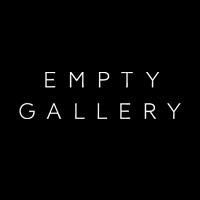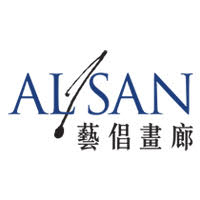BoS Severs Ties with Transfield
By Michael Young

GABRIELLE DE VIETRI, Garden of Bad Flowers, 2014, mixed-media installation. Courtesy the artist.
The future of the Biennale of Sydney (BoS) has been thrown into question after last Friday its board capitulated to pressure from participating artists to sever ties with its founding partner and major sponsor Transfield, the contractor which manages Australia’s immigration detention facilities, currently on Manus Island, Papua New Guinea.
While 30 artists initially voiced their concerns in an open letter to the BoS in February, at the time of the board’s announcement on March 7, more than half of the 92 participants had added their names, and a total of nine local and international artists had withdrawn from the event. Amid this mounting dissent, the BoS issued a terse short statement announcing its severing of all links with Transfield, to be effective immediately, as well as Belgiorno-Nettis’ resignation.
Until as recently as February 21 the board stood firmly behind its chairman stating “we unanimously believe that our loyalty to the Belgiorno-Nettis family . . . must override claims over which there is ambiguity.” Franco Belgiorno-Nettis, the founder of Transfield, was the driving force behind the inception of the Biennale in 1973. His son, Luca Belgiorno-Nettis, executive director of Transfield, has been the Biennale’s Chair for 14 years.
Now, with the Biennale only two weeks away, it remains unclear whether the artists who have withdrawn will be invited back. Melbourne-based video artist and experimental musician Nathan Gray, who pulled out only on March 5, despite the installation of his five-channel video work, Species of Spaces (2013–14) on Cockatoo Island, told ArtAsiaPacific (AAP) that he had not heard anything since the announcement.
“Any organization that makes a stand on human rights is to be applauded. But this really is a very small victory in a larger struggle against all companies profiting from detention centers and [the decision] illustrates that people do have the power to push back,” he said.
Another withdrawing artist, Gabrielle de Vietri, echoed Gray’s sentiment. “The Biennale should be commended for its actions, “ she told AAP. But despite this, de Vietri awaits further details and her installation Garden of Bad Flowers (2014), which is still highlighted on the BoS website, remains uninstalled. De Vietri questions whether or not Transfield has revoked all funding from the event and she plans to address these concerns at a collateral discussion which will focus on the issue of sponsorship in the arts.
Amsterdam-based artist Ahmet Öğüt, one of the few international artists to withdraw from the BoS, told AAP that he now sees no reason to not participate. “I see [the severing of ties with Transfield] as a very positive development for the future of the Biennale of Sydney and the role of biennials in general. I think now the discussion should be brought to a wider stage,” he said.
While the decision may have returned a degree of credibility to the BoS, its future remains tenuous. It will be difficult to match the financial support provided byTransfield. Deputy Chair Andrew Cameron will take the lead until the event’s closing in June.
Michael Young is contributing editor at ArtAsiaPacific.






